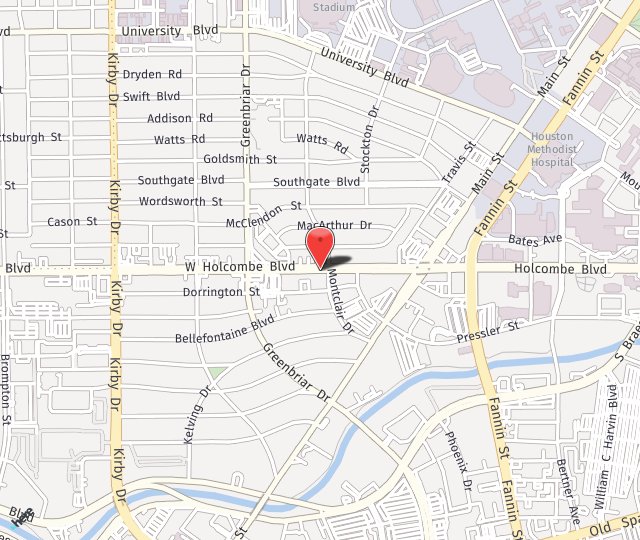Does this sound like your regular weekly routine? Get up early to get the kids ready for school, hit the gym or head to the office all week long and then take advantage of time off and sleep in on the weekend? While it may seem like a good idea to get some hours back that you may have missed during the week, a 2018 study published in the Journal of Sleep Research shows that sleeping too long on the weekend can increase the risk of early death in individuals under 65 years of age.
The study also found that not getting enough sleep can increase mortality. So, how much sleep is the right amount? According to the study, consistently getting six to seven hours of sleep is ideal.
What Is the Connection Between Sleep and Mortality?
The connection may be easier to understand when taking into consideration the effects of sleeping too few hours during the week and too many hours on the weekend, which can mean significant changes in sleep pattern.
When sleep is inconsistent, your body may not be getting the rest and restoration that sleep brings. When you’re not getting consistent sleep, you’re putting stress and strain on the body, which over time can contribute to the development of severe health conditions.
This is what happens to people living with obstructive sleep apnea. Individuals with the sleep disorder experience constant interruptions in their sleep at night because of gaps in their breathing.
When breathing stops, the brain panics and wakes the body up. When this happens, affected individuals gasp for breath, snore or make choking sounds. Also, when breathing stops, the body’s systems and tissues are affected, and strain is put on the heart, brain and other organs.
Individuals who are living with sleep apnea experience a higher risk of cardiovascular problems, cognitive decline and an increased risk of developing Alzheimer’s disease or dementia.
Sleep apnea can also cause an enhanced risk of stroke, secondary stroke and death from stroke, too.
If you’re not getting enough sleep during the week, it may be time to think about going to bed earlier each night. Here are our suggestions:
Set a specific bedtime. Turn off all your digital devices 30 minutes to one hour before you head for bed. Why? Looking at these devices and their light-emitting screens resets your body’s circadian rhythm, which makes it hard to go to sleep.
Workout – but not before bedtime. We suggest exercising at least four hours before you plan on going to bed so you don’t get pumped up before you hit the sack.
Skip the stimulants. Steer clear of caffeine like tea, coffee, chocolate and nicotine. Also, skip caffeine-containing pain relievers, as they can limit your ability to sleep. Additionally, we suggest avoiding alcohol before bed, too.
Re-think bedtime rituals. What’s your nighttime routine? Do you have one? An excellent way to gear up for bedtime is to make a routine of everything, from brushing your teeth to washing your face and relaxing with calming activities such as yoga, reading or listening to relaxing music at least an hour before you go to sleep.
Turn on your alarm. Not to get up, but to go to bed. If you want to get to bed on time, we encourage you to set the alarm to remind yourself bedtime is around the corner – and stop taking care of chores around the house and answering emails.
Are you not getting a good night’s sleep? It could be sleep apnea. Give us a call at 713-668-2289 today to find out how we can get you back to a good night’s sleep.

